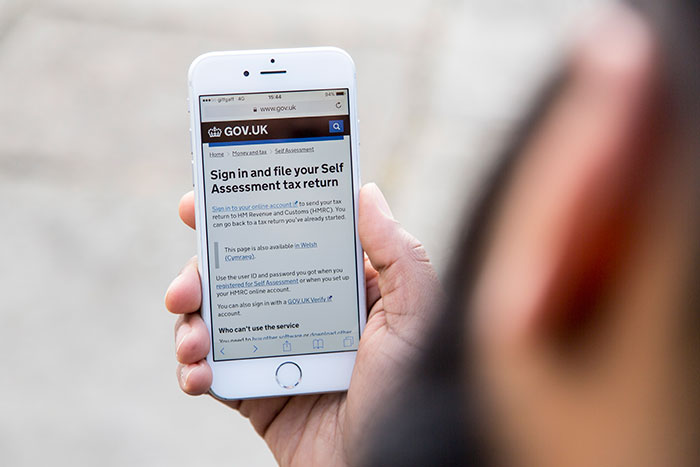web_26796115306_d0e6a1ecd0_o.jpg

The UK government's web portal. Credit: UK Government Digital Services Team
The survey, published yesterday, assessed how governments are using the internet to provide information and services, and how this can be a powerful tool for meeting the ambitious targets on sustainable development agreed by world leaders at the UN in New York last year.
It highlighted that e-government can increase the effectiveness, accountability and transparency of institutions, facilitate integrated policies and services, and promote citizens’ participation in decision-making and service delivery.
According to the survey, the UK government is leading the charge. In particular, it has continually pushed for e-government innovations and developed a model that has been replicated all over the world.
In online public service delivery, for example, the UK has progressed from simply publishing information to offering a full-range of online interactions to its citizens, including filing tax returns, applying for benefits, renewing passports and more.
The UN said this represents a “whole-of-government approach” that offers services in a more integrated, “one-stop-shop” fashion and a simpler way for citizens to interact with public administration.
Integrating services, in areas like health, poverty reduction or environmental protection, can bring big gains, it continued, but added that “by and large” whole-of-government approaches do not function well across nations.
Other good examples include Turkey’s social assistance platform, used by 16 public institutions to manage claims from citizens, which has “resulted in great savings and time and resources, as well as increased transparency and accountability”.
South Korea, which was ranked third by the survey, is also working to promote data sharing, remove barriers between agencies for better collaboration and ultimately offer more people-centric public services.
Services in Australia, which followed behind the UK in second place, demonstrated how e-government can enable policy integration, for example linking social protection goals such as reducing child poverty with public health.
Child benefit payments in the country are conditional, and linked to that child’s full immunisation. This is made possible by e-government, which facilitates the automatic exchange of data between the government agencies dealing with immunisation status and benefit payments.
The UN argues such initiatives can be used to contribute to any one of the 17 SDGs, and highlighted examples of how this is being done in practice by governments from Uruguay to China.
But it warned that a number of regions are lagging behind as lack of technology, poverty and inequality prevent individuals from taking advantage of the potential of ICTs and e-government.
Europe for example provides 10 times more services to the poor, performs with disabilities and older people than Africa and Oceania.
The report found that e-government initiatives need to be accompanied by measures to ensure access to and the availability of ICTs.
Top e-government performers | Top regional e-government performers | |
United Kingdom | Africa | Mauritius |
Australia | Tunisia | |
South Korea | Americas | United States |
Singapore | Canada | |
Finland | Asia | South Korea |
Sweden | Singapore | |
Netherlands | Europe | United Kingdom |
New Zealand | Finland | |
Denmark | Oceania | Australia |
France | New Zealand | |













